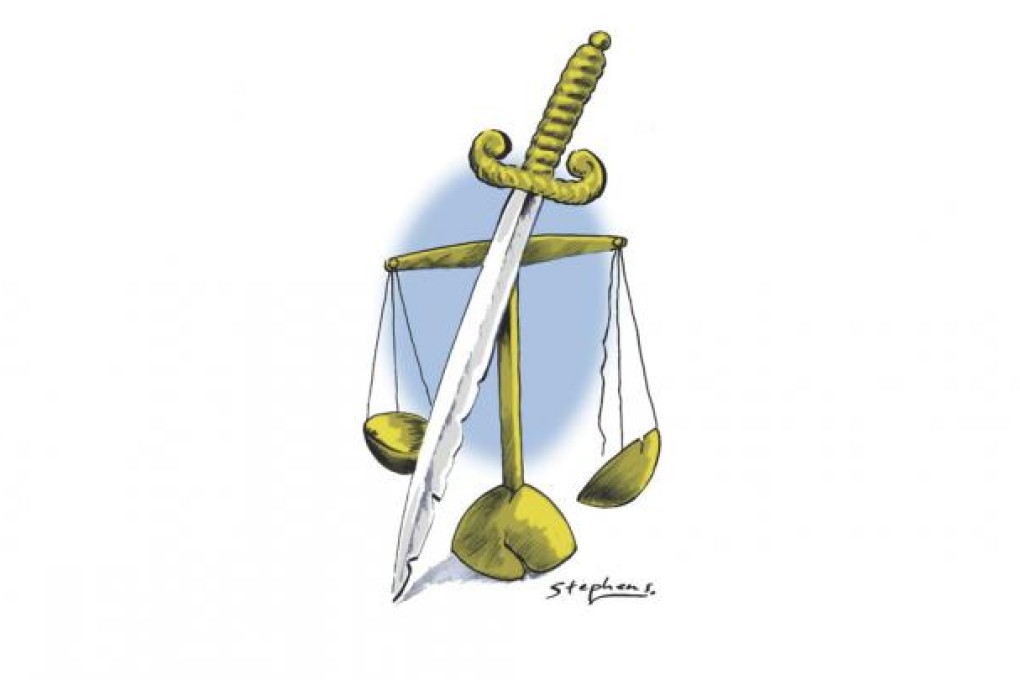Bo Xilai case is the biggest test for China's legal progress since Gang of Four trial
Jerome A. Cohen says the Gang of Four trial 30 years ago provides a useful contrast with 'show' trials in China today, and the comparison does not augur well for a fair, transparent hearing for Bo Xilai

Beijing's pending prosecution of deposed Politburo member Bo Xilai and the recent murder conviction of his wife, Gu Kailai , have again brought China's criminal justice system to world attention. Having detained Bo in March, not until October did the Central Commission for Discipline Inspection turn him over to the state prosecutors for indictment.
No indictment has yet been issued, perhaps because Bo's prosecution presents the party with its thorniest legal challenge since the 1980-81 trial of the "Gang of Four", which marked China's transition from Mao Zedong's Cultural Revolution to Deng Xiaoping's radical new policy of reform and opening up. Will Bo be given a similar political "show" trial, as the most recent victim of a Communist legal tradition made infamous by Stalin's 1930s "purge trials"?
Actually, the Gang of Four trial was a misnomer, since there were actually 10 major defendants tried before two chambers of a special tribunal. Yet the chamber dealing with Mao's widow, Jiang Qing , and her colleagues was the focus. They had been arrested in October 1976, shortly after Mao's death. It took over four years to bring them to trial in a way that would assure the nation that the defendants, who were saddled with principal responsibility for inflicting a decade of unspeakable harm on tens of millions of people, would be properly dealt with.
This would have been an ambitious task for any government, but particularly for one just beginning to recover from that nightmare of lawlessness. Indeed, the attempt to dispense justice in such a politically charged situation, in a country whose legal institutions had long been shattered, became the target of scepticism, even ridicule. The American comic strip Doonesbury, for example, claimed China had waited more than four years because it first had to put the judges through law school!
The purpose of the trial was not only to assign political responsibility for the nation's disastrous decade, but also to punish the accused as criminals. In addition to various "counter-revolutionary" crimes, their alleged misconduct included directing officials to commit many offences, such as illegal searches and seizures, lawless detentions, torturing suspects to extort confessions, and wounding and killing people without legal procedures.
The trial was a golden opportunity to enhance the new Deng government's legitimacy by introducing the masses to the principles underlying the Communist government's first codes of criminal law and procedure, which had just gone into effect. Thus, instead of preventing public access to the trial on the grounds that it involved "state secrets", as the party often does, Deng boldly decided to give it maximum publicity.
Unfortunately, the trial, which lasted roughly two months, failed to prove a satisfactory educational vehicle. It did get off to a promising start, however. The 15 members of the tribunal appeared serious and dignified, and a few were well known. Professor Fei Xiaotong, China's most famous social anthropologist, took part as a lay judge, apparently to give representation to the broader public.